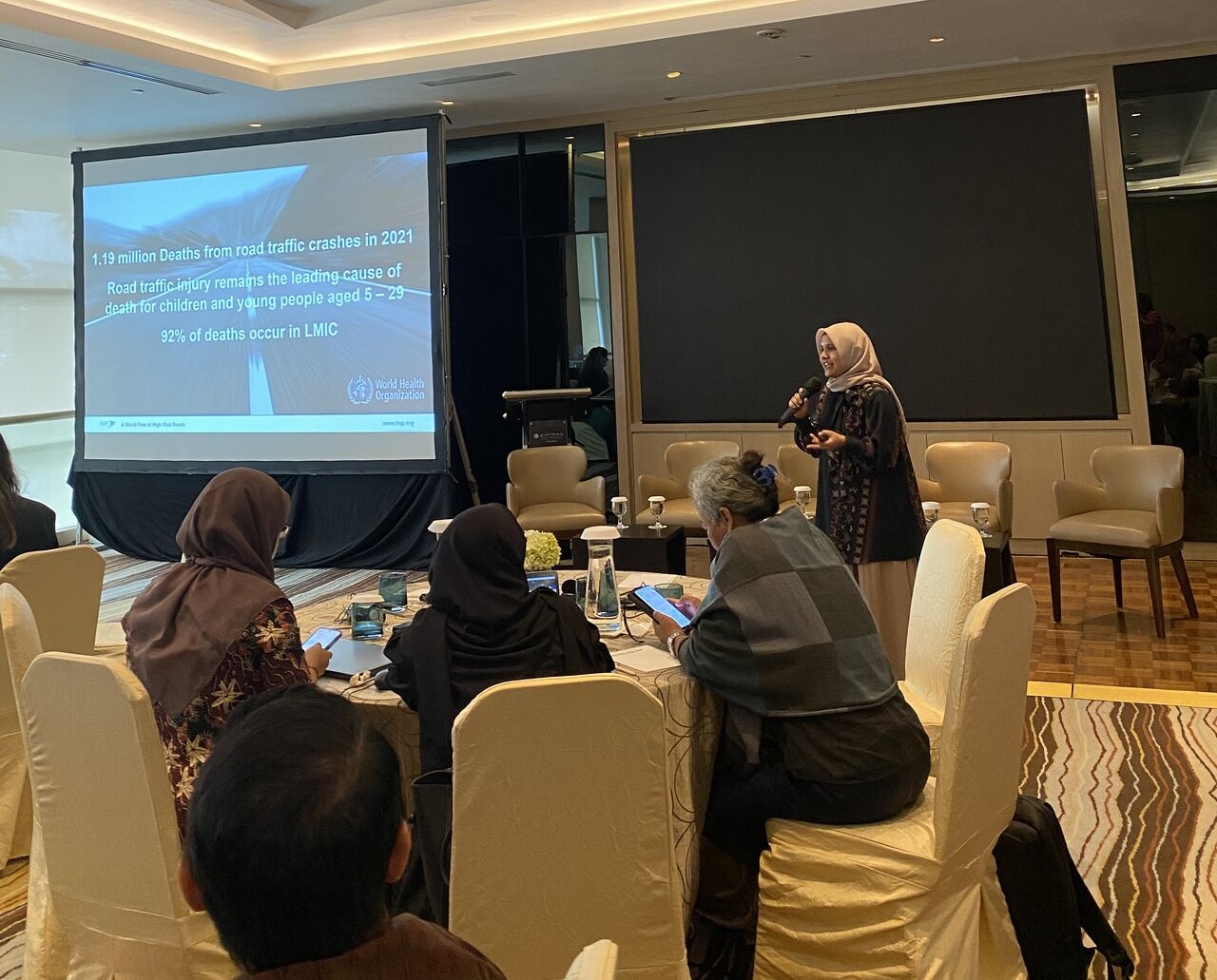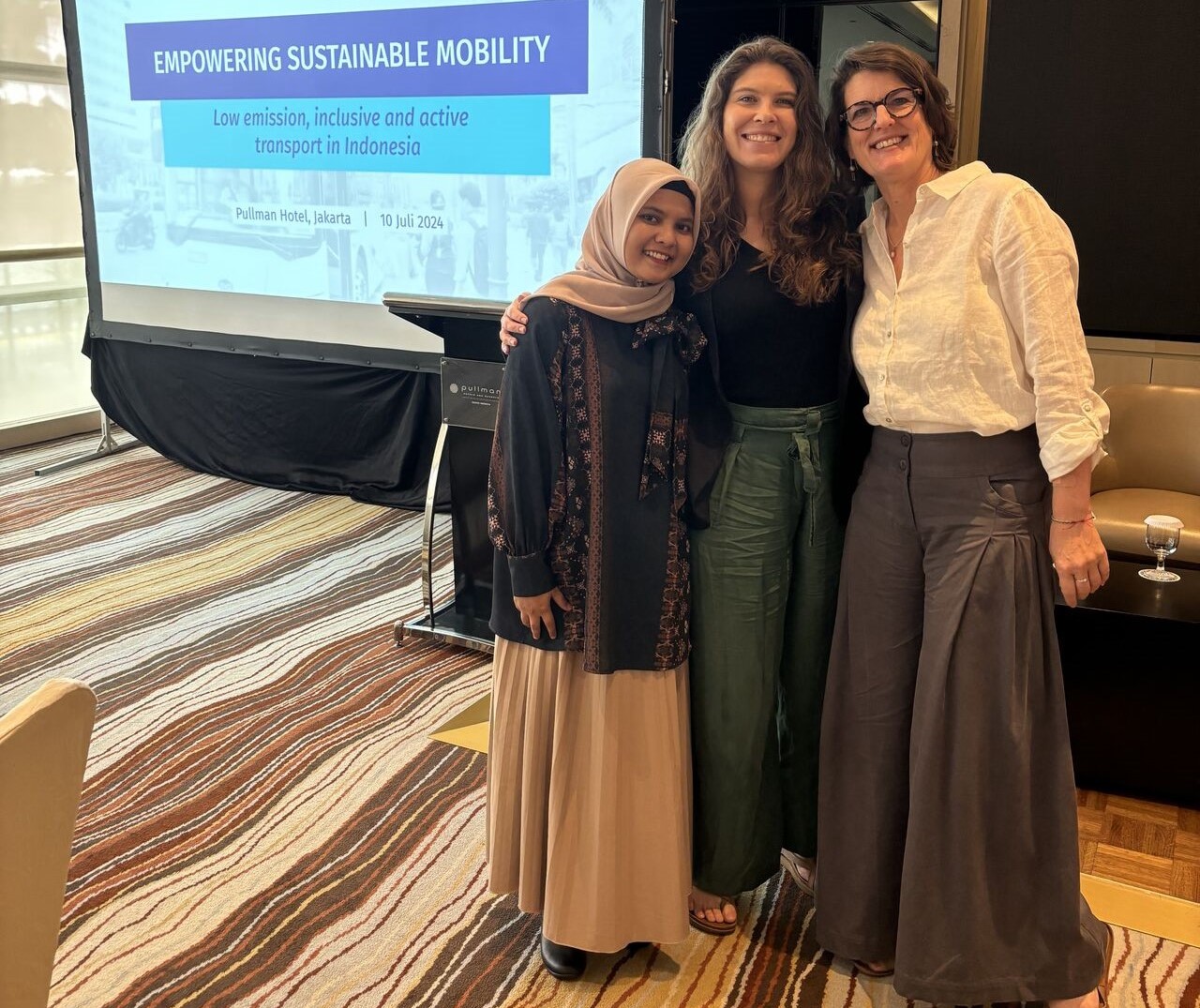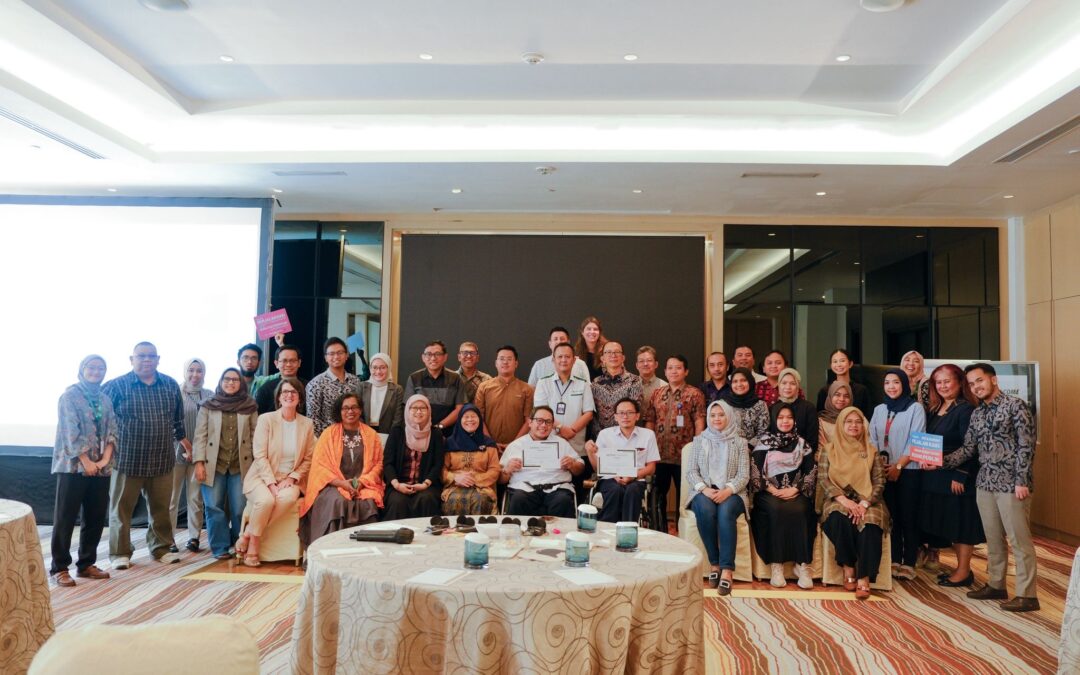Indonesia is accelerating its transition to sustainable mobility to address the growing challenges of air pollution and climate change caused by rapid urbanization and increased vehicle use.
The nation is prioritizing electric and active mobility solutions to promote environmental sustainability and enhance urban livability.
To advance these goals, a collaborative program “Empowering Sustainable Mobility – Low emission, inclusive and active transport in Indonesia” was delivered in Jakarta from 9th – 11th July 2024, bringing together national and city-level government agencies, The UN Environment Programme (UNEP), The Institute for Transportation and Development Policy (ITDP), Clean Air Asia, The Walk21 Foundation, and other development partners and NGOs. This initiative aims to bolster existing low-emission strategies through knowledge sharing, capacity building, and collaborative problem-solving to identify new opportunities for sustainable mobility in Indonesia.
As part of Day 2 of the program focusing on scaling up walking solutions, Estiara Ellizar – member of iRAP Global Policy Advocacy Committee (GPAC), Youth Leadership Board member at the Global Youth Coalition for Road Safety, and Alumni Fellow at the Global Road Safety Leadership Course 2022 – 2023 – introduced the iRAP Star Rating for Schools (SR4S) Programme.
SR4S can help measure, manage and communicate the risk children are exposed to on a journey to school and inform strategic investment in infrastructure upgrades saving lives and preventing serious injuries every day.
Estiara also presented a case study of her school project with SR4S in Bandung City, which includes three main components: youth engagement, advocacy with government stakeholders, and infrastructure changes. The project has directly impacted more than 800 students at Junior High School 22 through youth engagement activities and road upgrades to 5-star school zone.
Indonesia is committed to fostering a walking and cycling culture through comprehensive policies and infrastructure development. The government has integrated active mobility into national transportation strategies, prioritizing pedestrian and cyclist-friendly environments. Key policies like the Non-Motorized Transport Policy Guideline for Mid-Size Cities, the National Vision of Non-Motorized Transport Infrastructure and the National Urban Transport Policy prioritise the development of safe and accessible walking and cycling networks. By investing in high-quality sidewalks, dedicated bike lanes, and pedestrian crossings, Indonesia aims to create vibrant, healthy, and sustainable cities while reducing emissions and improving public health.
Estiara’s project exemplifies how youth-led initiatives can complement national policies to achieve a safer and more walkable Indonesia. Additionally, SR4S materials have been translated into Bahasa Indonesia to contribute to school zone safety initiatives in the country, facilitating advocacy efforts for achieving 3-star or better school zones.



